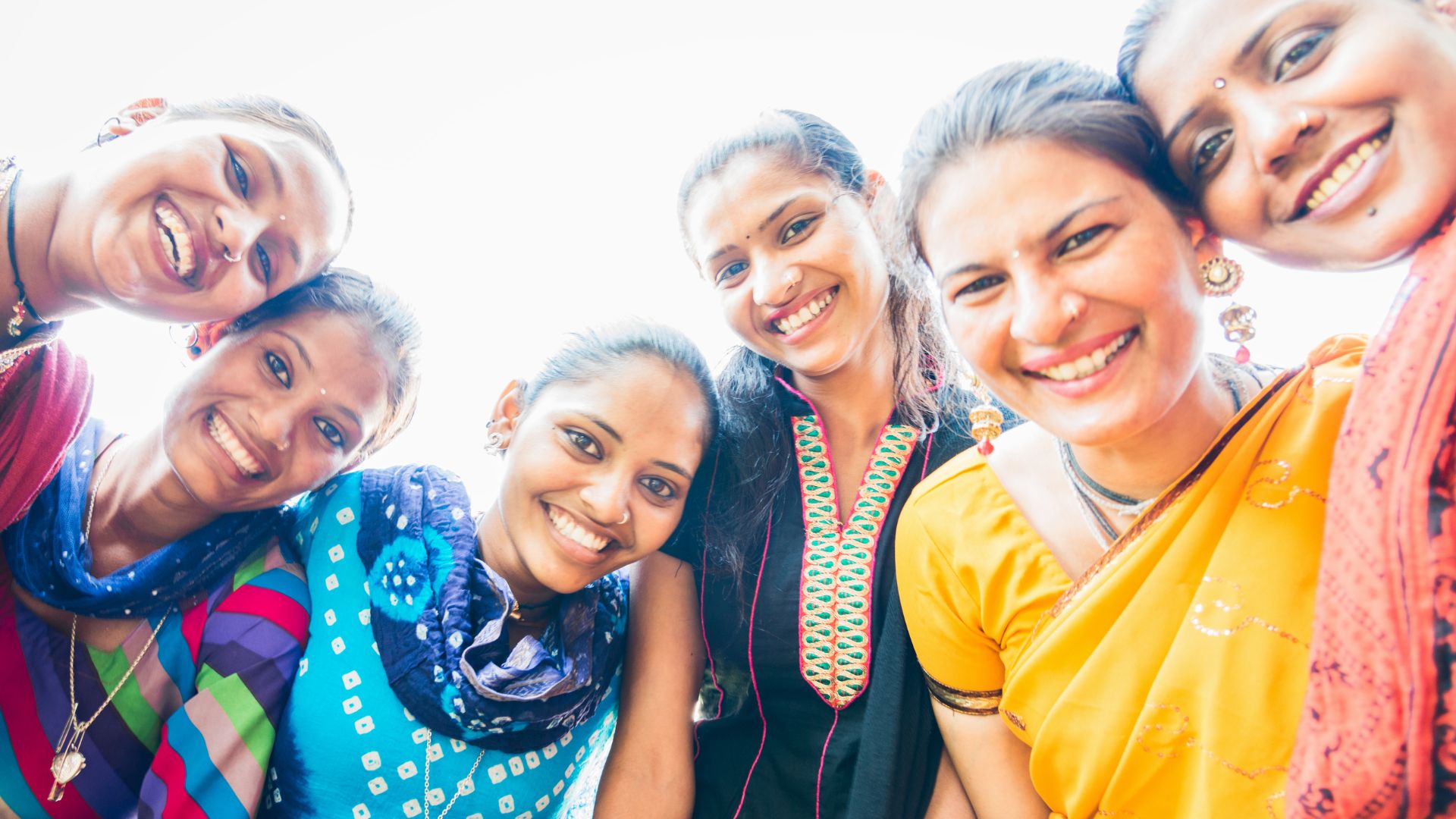Jan 30, 2024
"Mental Health Knowledge, Attitudes, and Help-Seeking Behaviors Among South Asian College Students" by Journal of Counseling & Development: This study found that while South Asian college students generally held positive attitudes towards mental health, they lacked knowledge about specific conditions and were less likely to seek professional help compared to other student groups.
The vibrant tapestry of South Asian communities hides a stark reality: a silent mental health crisis. Research suggests staggering statistics – studies show South Asian Americans are up to 50% more likely to experience depression than white Americans, and only 5% seek professional help. This alarming disparity stems from a complex web of factors, demanding not just individual healing, but a collective cultural shift.
1. Navigating Inter-generational Expectations
Within South Asian families, the interplay of generational expectations can intensify mental health challenges. The juxtaposition of traditional values against the evolving dynamics of contemporary life may lead to feelings of alienation and internal conflict. Bridging the gap between generations is crucial for fostering understanding and support.
Consider the case of a second-generation South Asian struggling to reconcile the expectations of their traditional upbringing with the evolving values of contemporary society. The interplay of generational expectations can intensify mental health challenges, leading to feelings of cultural dissonance and familial discord.
2. Workplace Stress and Cultural Pressures
South Asians often grapple with unique stressors in the workplace, where balancing cultural expectations with professional demands can be particularly challenging. The fear of judgment and discrimination may prompt individuals to suppress mental health issues. Initiatives promoting culturally sensitive workplaces and mental health support are pivotal in alleviating this burden.
Imagine a South Asian professional torn between cultural expectations of duty and the demands of a competitive workplace. The fear of judgment and discrimination may prompt individuals to suppress their mental health struggles, perpetuating the silent crisis. Culturally sensitive workplace initiatives and support networks become essential for alleviating this burden.
3. Impact of Social Media and Perfectionism
The omnipresent influence of social media, with its portrayal of idealized lifestyles, contributes to heightened feelings of inadequacy and comparison among South Asians. When combined with the cultural emphasis on achievement, this sets the stage for a breeding ground of perfectionism. Addressing these pressures is crucial for breaking free from unrealistic standards.
Picture a young South Asian navigating the pressures of social media, where idealized lifestyles and achievements are constantly showcased. These unrealistic standards, combined with cultural emphasis on success, contribute to heightened feelings of inadequacy and perfectionism, impacting mental well-being.
4. Cultural Diversity Within South Asian Communities
South Asian communities encompass incredible diversity, with variations in language, traditions, and customs. Mental health initiatives must acknowledge and respect this diversity, ensuring that interventions are inclusive and tailored to the specific needs of different subgroups.
The "Sangat Project" in New York City utilizes community gatherings and peer mentorship programs to address mental health concerns among South Asian youth.
Reflect on the experiences of South Asians from diverse linguistic, regional, and cultural backgrounds. Mental health initiatives that fail to recognize and respect this diversity risk overlooking the unique challenges faced by specific subgroups, hindering the effectiveness of support systems.
5. Impact of Migration and Acculturation
For South Asians who have migrated, the process of acculturation can bring about identity challenges and a sense of displacement. Recognizing the impact of migration on mental health is crucial, with tailored support addressing the complexities of identity in a new cultural context.
Consider the journey of a South Asian immigrant grappling with the complexities of acculturation. The challenges of adapting to a new culture, coupled with a sense of displacement, underscore the importance of tailored mental health support that acknowledges the specific struggles associated with migration.
6. Role of Gender and Mental Health
Traditional gender roles in South Asian societies contribute to distinct mental health challenges for men and women. Breaking down gender stereotypes and fostering open conversations about mental health is essential for dismantling harmful norms and promoting equality.
Visualize the experiences of South Asian individuals challenging traditional gender roles. Breaking down gender stereotypes and fostering open conversations about mental health is essential for dismantling harmful norms. For instance, a South Asian woman openly discussing her mental health challenges preconceived notions and fosters a culture of acceptance.
Remember, prioritizing mental health is not a weakness, but a testament to our strength. Let's dismantle the walls of silence, empower individuals with knowledge, bridge the gap to accessible care, and embrace the community as a catalyst for healing. Only then can we rewrite the narrative, transforming the silent crisis into a chorus of well-being echoing through generations in South Asian communities.

































































